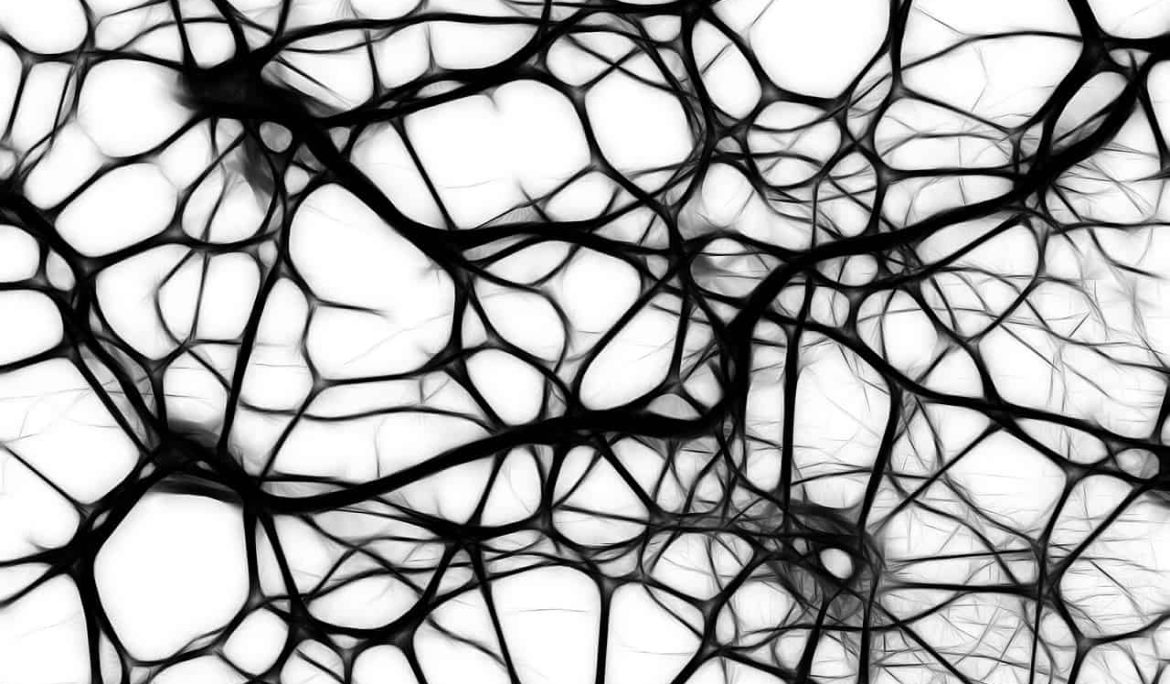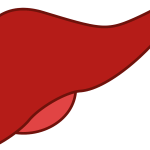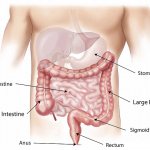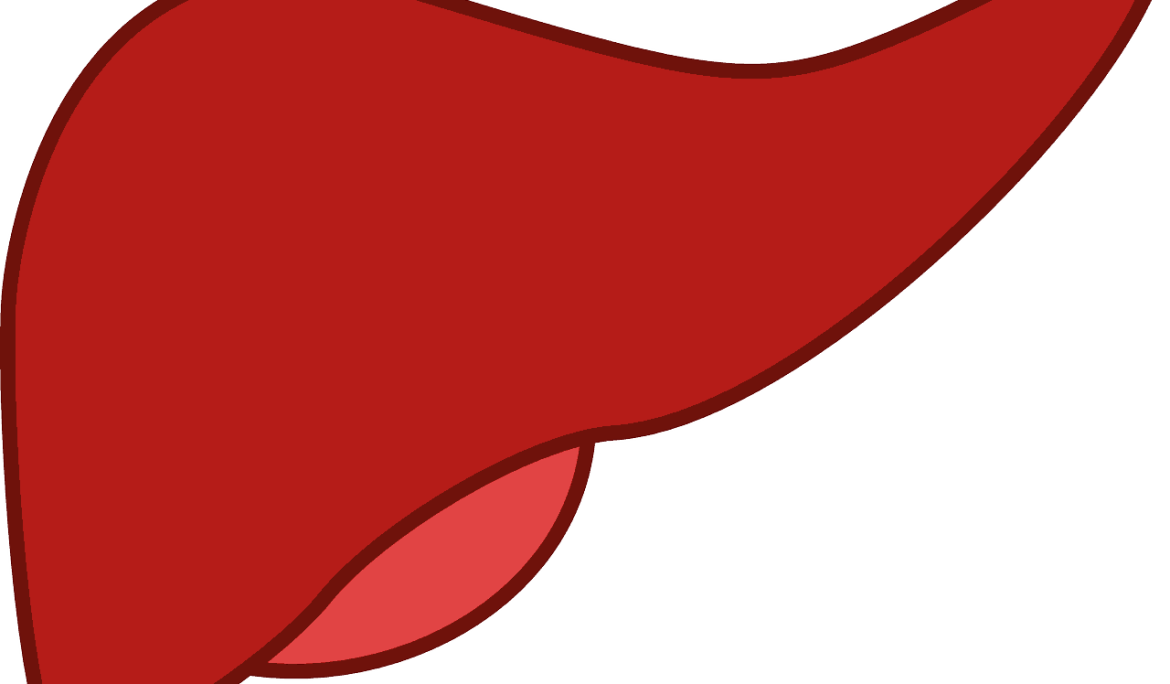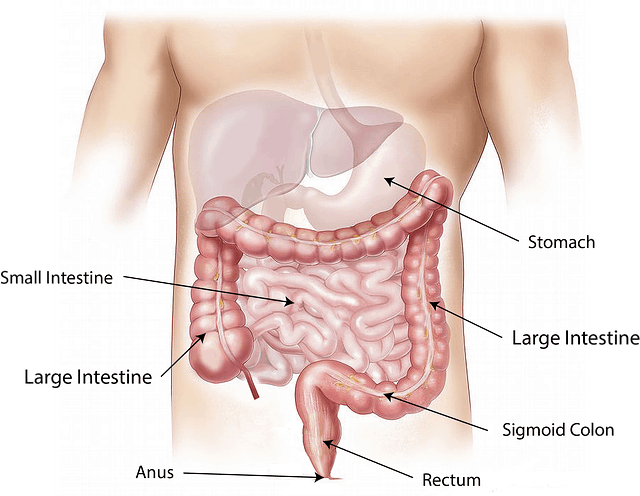Meningitis is an inflammation of the membranes(meninges) surrounding your brain and spinal cord. There are various causes of Meningitis commonly bacterial and viral in nature and rarely fungal infection. Bacteria that enter the blood stream and travel to the brain and spinal cord cause acute bacterial meningitis. But it can also occur when bacteria directly invade he meninges. This may be caused by an ear or sinus infection, a skull fracture or rarely after some surgeries.
Viral Meningitis is usually mild and often clear on its own. Most cases are caused by enteroviruses and others such as HIV, Herpes simplex and mumps might be implicated. Fungal meningitis is relatively uncommon and causes chronic meningitis. Cryptococcal meningitis is the most common type of fungal meningitis affecting immunocompromised individuals, especially people with HIV/AIDS. It’s life threatening if not treated with antifungals.
Risk factors for meningitis include people with compromised immune system such as AIDS, diabetes, alcoholism. Having your spleen removed also increase your risk of getting meningitis, exterms of age seems to play a role in your risk of developing meningitis as well, the younger and elderly are at high risk of developing meningitis. Living in dormitories, personnel on military base or boarding school facilities are associated with an increased risk of meningococcal meningitis. Signs and symptoms of meningitis varies between the paediatric and adult population. Adult often present with sudden fever, stiff neck and severe headache, nausea and vomiting does occur as well, confusion, difficulty concentrating and sensitivity to light (photophobia). Newborns and infants present with high fever, constant crying, excessive sleepiness or irritability. Inactivity or sluggishness, poor feeding. A bulge in the soft spot of a baby’s head (fontanel). Stiffness in a baby’s body and neck.
Meningitis complications can be severe. The longer you or your child has the disease without treatment, the greater the risk of seizures and permanent neurological damage, including hearing loss, memory difficulty, learning disabilities, brain damage and eventually death.
These steps can help prevent meningitis. Careful hand-washing helps prevent the spread of the germs. Maintain your immune system by getting enough rest, exercising regularly and eating a healthy diet with plenty of fresh fruits, vegetables and whole grains. Some forms of bacterial meningitis are preventable with vaccinations. Your family doctor or paediatrician can diagnose meningitis based on medical history, a physical exam and certain diagnostic test. The following diagnostic test are useful in diagnosing meningitis, lumbar puncture in which a spinal tap is done to collect cerebrospinal fluid (CSF) for further analysis. Blood culture is done often time to grow microorganisms particularly bacteria. Computerized tomography (CT) or magnetic resonance imaging (MRI) scans of the head may show swelling or inflammation.
Seek immediate medical care if you or someone in your family has symptoms such as fever, sever unrelenting headache, confusion, vomiting or stiff neck. The treatment depends on the type of meningitis. Acute bacterial meningitis must be treated immediately with intravenous antibiotic and sometimes corticosteroids. This helps to ensure recovery and reduce the risk of brain swelling and seizures. Viral meningitis often time improve on their own in several weeks. Bed rest, plenty of fluids and pain medication is often time sufficient in mild cases. Antifungal medication treats fungal meningitis.
Dr. Makemba Shayela Nelson – MBChB – University of Kwazulu-Natal, Durban, South Africa. Nesha Medical Practice.




